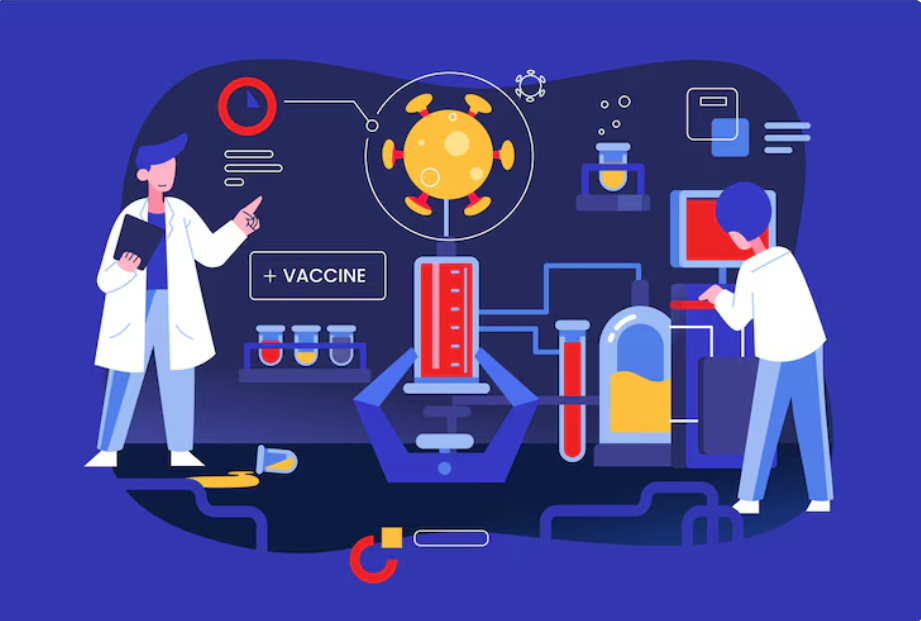As technology advances and customer expectations evolve, businesses are constantly seeking innovative ways to enhance customer support. One of the most impactful advancements in this space is the rise of WhatsApp chatbots. These AI-powered virtual assistants are revolutionizing the way businesses interact with customers by providing instant, automated, and highly personalized support. In 2025, WhatsApp chatbots are set to play a pivotal role in transforming customer service, making interactions more efficient and customer-centric.
Understanding WhatsApp Chatbots
A WhatsApp chatbot is an AI-driven conversational agent that operates within the WhatsApp platform. It enables businesses to automate customer interactions, answer queries, process transactions, and provide real-time support without human intervention. By leveraging natural language processing (NLP) and machine learning, these chatbots can understand and respond to customer inquiries in a human-like manner.
Key Features of WhatsApp Chatbots
- 24/7 Availability: Provides round-the-clock support without the need for human agents.
- Instant Responses: Reduces waiting times and enhances customer satisfaction.
- Personalization: Uses customer data to deliver tailored responses.
- Multimedia Support: Sends images, videos, voice notes, and documents for a richer customer experience.
- Seamless Integration: Connects with CRM, payment gateways, and inventory management systems.
- Security and Encryption: Ensures end-to-end encryption for secure communications.
The Role of WhatsApp Chatbots in Revolutionizing Customer Support
- Instant and Efficient Customer Service
Customers expect quick resolutions to their queries, and WhatsApp chatbot provide instant responses, significantly reducing wait times. Unlike human agents, chatbots can handle multiple conversations simultaneously, ensuring no customer is left waiting.
For example, an e-commerce company can use a WhatsApp chatbot to automatically respond to order inquiries, provide tracking details, and process returns or refunds without manual intervention.
- Personalized Customer Interactions
WhatsApp chatbots leverage AI to analyze customer behavior, preferences, and past interactions. This enables businesses to deliver highly personalized responses, making customers feel valued and understood.
For instance, a fashion brand can use a chatbot to recommend outfits based on a customer’s purchase history, enhancing the shopping experience and increasing sales.
- Automated Lead Generation and Sales
WhatsApp chatbots can be programmed to qualify leads and nurture potential customers by engaging them in meaningful conversations. By asking the right questions and guiding customers through the sales funnel, chatbots can help businesses convert prospects into paying customers.
For example, a travel agency can use a WhatsApp chatbot to gather customer preferences, suggest travel packages, and even process bookings directly within the chat.
- Seamless Order Management and Tracking
E-commerce businesses can integrate WhatsApp chatbots with their order management systems to provide real-time updates on order status, shipment tracking, and delivery schedules. Customers can inquire about their orders at any time and receive instant updates.
For instance, a food delivery service can use a WhatsApp chatbot to update customers about their order’s preparation, dispatch, and estimated arrival time.
- Reducing Operational Costs
Hiring and maintaining a large customer support team can be costly. WhatsApp chatbots help businesses cut down on operational expenses by handling a majority of customer queries automatically.
For example, a telecom company can deploy a chatbot to handle routine queries like balance checks, plan upgrades, and service activations, reducing the burden on customer support representatives.
- Multilingual Support for Global Reach
Businesses catering to international customers can benefit from WhatsApp chatbots that support multiple languages. This ensures that customers receive assistance in their preferred language, enhancing user experience and brand loyalty.
For example, a global airline can use a WhatsApp chatbot to assist passengers in different languages regarding flight bookings, cancellations, and travel policies.
- AI-Powered Insights and Analytics
WhatsApp chatbots collect valuable customer data and provide businesses with actionable insights. By analyzing customer interactions, businesses can identify common issues, improve services, and optimize chatbot responses for better engagement.
For instance, a banking institution can analyze chatbot data to identify frequent customer concerns and enhance its service offerings accordingly.
Challenges and Considerations in Implementing WhatsApp Chatbots
- Balancing Automation with Human Touch
While chatbots can handle most queries, some issues require human intervention. Businesses must ensure a seamless transition from chatbot to live agent when necessary.
- Privacy and Data Security
As WhatsApp chatbots collect and process customer data, businesses must comply with data protection regulations and ensure secure handling of sensitive information.
- Continuous Learning and Updates
Chatbots require regular updates and training to stay relevant. AI models must be refined based on user interactions to improve accuracy and efficiency.
Future of WhatsApp Chatbots in Customer Support
As AI technology advances, WhatsApp chatbots will become even more sophisticated. Here are some trends shaping the future of chatbot-driven customer support:
- Voice-Enabled Chatbots: Integration of voice recognition technology for seamless voice-based interactions.
- Emotion AI: Chatbots that can detect customer emotions and adjust responses accordingly.
- Hyper-Personalization: Advanced AI-driven personalization for highly customized customer experiences.
- Integration with Augmented Reality (AR): Chatbots offering AR-powered product previews and troubleshooting guides.
- Proactive Customer Engagement: Predictive analytics enabling chatbots to anticipate customer needs and provide proactive assistance.
WhatsApp chatbots are revolutionizing customer support by providing instant, personalized, and cost-effective solutions. As businesses continue to embrace marketing automation and AI, chatbots will play an integral role in enhancing customer experience, boosting efficiency, and driving growth. In 2025, companies that leverage WhatsApp chatbots effectively will gain a competitive edge in delivering superior customer service and fostering long-term customer relationships.















